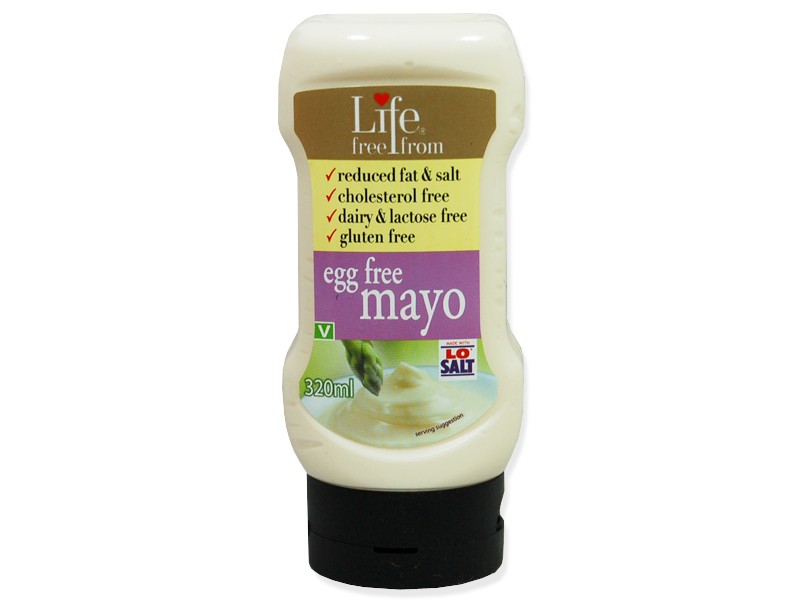I am a little person and I've been quite fragile after being involved in a few car accidents. So...when I shifted to a plant-based diet, my family were worried that I'd get ill because I wouldn't get getting what I needed from what I ate. Over 5 years on, I feel better than before and I am not lacking in anything. I even have blood tests to prove it! :)
It's worth reading what Gary L. Francione & Anna Charlton have to say about vegans and the need for animal products.
But…I heard about someone who became ill after eating no animal foods.
And what about all of the people you know who ate animal products and have developed cancer, heart disease, etc.?
This “But” is yet another attempt to characterize consuming animal products not as a matter of pleasure but one of physical necessity. As we mentioned earlier, even traditionally conservative organizations, such as the Academy of Nutrition and Dietetics, formerly the American Dietetic Association, agree that an “appropriately planned” vegan diet can be completely healthy. And there is no evidence to the contrary.
It is, of course, possible to get ill eating only plants just as it’s possible (and more likely, actually) to get ill eating animal products. Although some vitamin B-12 is made by bacteria in the human body, not enough is reliably made for our needs and the unhealthy habits that humans have prevent maximum production and absorption of the endogenous B-12. Therefore, it is necessary to supplement B-12 from external sources whether you consume a vegan diet or a diet of animal foods. So all humans need to get their B-12 from somewhere outside their bodies. We get our vitamin B-12 from yeast; omnivores get theirs from meat. But all B-12 comes from bacteria — whether it is found in the gut of ruminating animals who get it from fermenting plant material in their hindgut, or in certain strains of nutritional yeast. So if you adopt a vegan diet but don’t consume an alternative source of B-12, such as yeast, yes, you may get ill. But there are plenty of people who have B-12 deficiencies despite their consumption of animal foods.
How about DHA and EPA, the long-chain fatty acids that aren’t found in plant foods and that people eat fish to get? Most people can convert the short-chain fatty acids found in chia seeds, walnuts, dark leafy greens, and canola oil into long-chain fatty acids. Or you can get long-chain DHA and EPA directly from the source that fish get it—algae. There are now many DHA/EPA supplements that are algae derived.
Occasionally, one hears about a parent prosecuted for manslaughter because their child died on a “vegan” diet. But when the facts are revealed, we learn that the parents had fed the child only iceberg lettuce (or something similar) and nothing else for some extended period of time. If the parents fed the child nothing but steak three times a day for an extended period, the child would also become ill. But no one would say that the child died or became ill from eating meat. They would say that the parents engaged in abuse by feeding the child an inadequate diet. The same is true of a diet consisting only of lettuce. That’s not a vegan diet; it’s a ridiculously inadequate diet.
In the 30 years that we have been vegans, we have heard of a number of people who supposedly became ill while on a vegan diet. An inadequate vegan diet will make you ill because it is inadequate and not because it is plant-based. Eat nothing but celery and soy yoghurt and you will not feel very energetic. Surprise, surprise.
We have also encountered people who say that their bodies “tell them” that they must eat meat or fish or chicken or dairy or whatever. But such assertions are really no different than saying, “I like the taste of meat (or whatever).” In other words, they are assertions about palate pleasure and nothing more. A related issue is the “need” to eat meat or other animal products based on blood type. The so-called “blood type diet” has been debunked as junk science.
An exploration and rejection of the various excuses — the “Buts” — that keep us eating animal foods.
"Whoever acquires knowledge but does not practice it, is like one who ploughs a field but does not sow it." Anonymous












